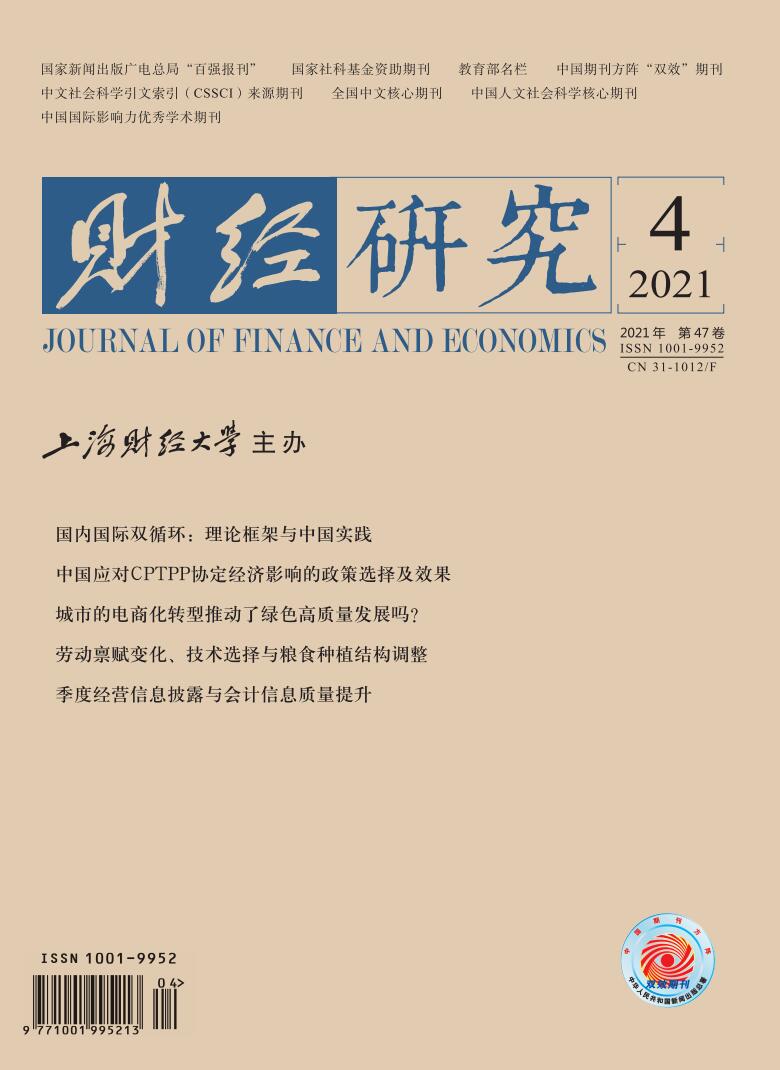As an important legal document signed between two countries to promote and protect investment, bilateral investment treaties play an important role in bilateral international investment. This paper intends to answer the following questions: What is the impact of bilateral investment treaties on Chinese companies’ overseas mergers and acquisitions(M&A)? What is the impact mechanism? How should Chinese companies take advantage of the effect of bilateral investment treaties on overseas M&A, so as to expand the scale and scope of overseas M&A while promoting the success of M&A?
Based on the progressive difference-in-difference model, this paper delves into the theoretical mechanism and impact of bilateral investment treaties on Chinese companies’ overseas M&A by using bilateral investment treaties as a quasi-natural experiment with the country panel data of 140 countries from 2004 to 2018. It comes to the following conclusions: Firstly, compared with countries that have not signed bilateral investment treaties, bilateral investment treaties have a significant positive effect on Chinese companies’ willingness to acquire overseas and successful M&A. Secondly, in terms of dynamic effects, bilateral investment treaties have a long-term effect on the promotion of Chinese companies’ overseas M&A, and their volatility has increased. Thirdly, the promotion effect of bilateral investment treaties is significantly heterogeneous. The promotion effect of bilateral investment treaties is more significant in Asia and Africa, stronger in high-quality countries and developed countries, and stronger in non-state-owned companies. Fourthly, the expansibility test shows that the quality of the text of bilateral investment treaties have a significant promoting effect on China’s overseas M&A. Fifthly, through the decomposition and quantification of the specific provisions of investment treaties, “Definition and Scope of Investment”“Fair and Equitable Treatment” and “Most Favored Nation Treatment” are the key provisions that affect the promotion of China’s overseas M&A in bilateral investment treaties. This paper enriches the research theory in the field of bilateral investment treaties and overseas M&A relations, provides policy revelations for Chinese companies’ overseas M&A and the new round of bilateral investment treaty practices, and contributes Chinese wisdom to global economic governance.
In short, this paper contributes to the existing research in the following three perspectives: Firstly, it specifically examines the impact of bilateral investment treaties on the number of Chinese companies’ M&A cases and successful M&A cases in a more in-depth way. Secondly, it uses bilateral investment treaties as a quasi-natural experiment, and conducts an empirical research based on the progressive difference-in-difference model. It also explores the impact of the text quality of investment treaties, and examines the internal mechanism of bilateral investment treaties from the dimensions of investment definition and scope, fair and equitable treatment, national treatment, most-favored-nation treatment, expropriation compensation, umbrellas, and investment dispute settlement based on the specific terms of investment treaties. Lastly, it lays an important empirical foundation for deepening bilateral investment treaties and promoting overseas M&A by Chinese companies, as well as for building a scientific and reasonable bilateral investment treaty system and promoting the formation of a new pattern of comprehensive opening.






 6807
6807  8525
8525

